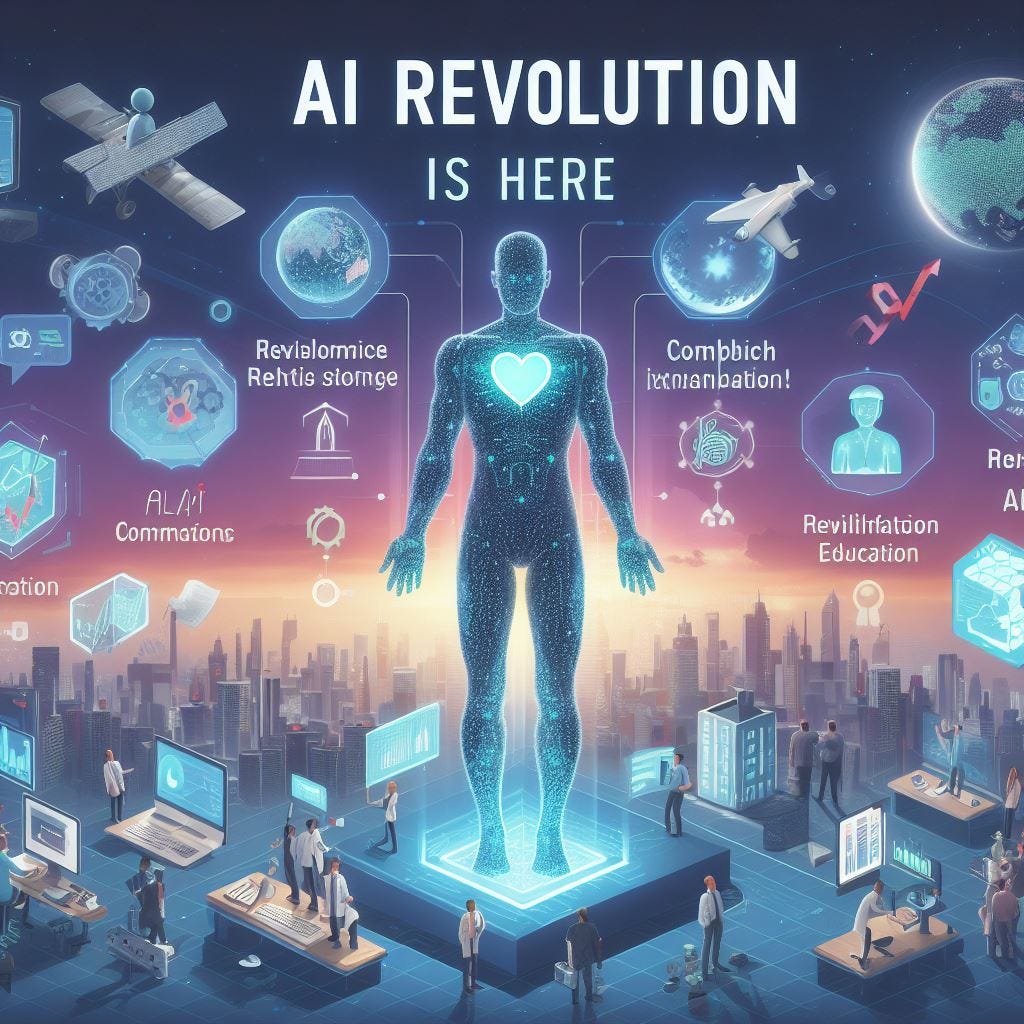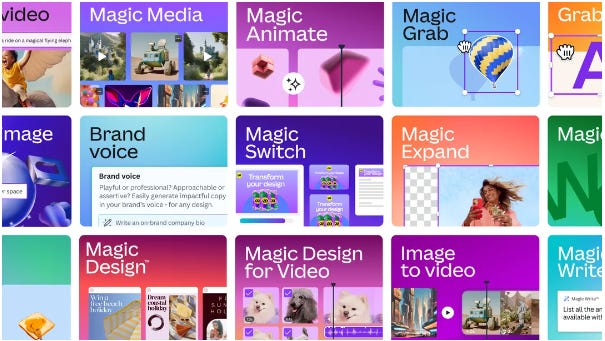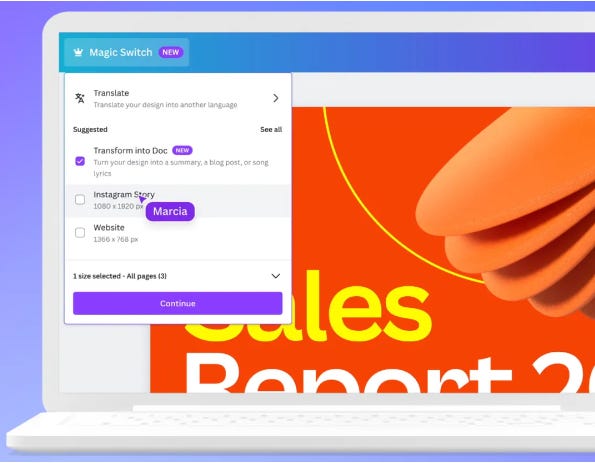The AI Revolution is Here – How We Can Harness its Potential for Good
The AI Revolution Is Here: 9 Ways Machine Learning Can Transform Healthcare, Combat Climate Change, Revitalize Education and More
In recent years, AI has gone from a futuristic fantasy to an everyday reality. You probably interact with AI-enabled technology dozens of times per day without even realizing it. From virtual assistants like Siri and Alexa, to content recommendations on Netflix and Facebook, to Google Maps plotting your driving route, AI is already transforming how we live and work.
But we’ve likely only scratched the surface of AI’s full potential. Many experts believe we’re on the cusp of an “AI revolution” that will radically reshape our economy, society, and humanity itself. The implications of AI provoke both extraordinary excitement and existential concern.
In this newsletter, we’ll go in-depth on both the promise and pitfalls of AI. We aim to deliver balanced, nuanced perspectives you won’t find in the hyperbole-filled headlines. The goal is to foster thoughtful conversations about how we can ethically steer the AI revolution toward positive ends.
There are so many directions we could take this. But for our inaugural issue, let’s start with the inspiring stuff – the ways AI can potentially benefit our world. How might this powerful technology help uplift society as a whole and unlock solutions to humanity’s greatest challenges?
Reimagining Healthcare
AI is poised to transform how we prevent, diagnose, and treat illness. We’re already seeing AI chatbots like Babylon Health that can offer medical guidance based on symptoms. Machine learning algorithms can analyze patient data to identify those at risk of heart disease or sepsis. Smartphone apps use computer vision to assess moles that may be cancerous. Voice recognition enables physicians to dictate notes and scan records rather than fill out charts.
Looking ahead, the possibilities seem endless. AI-based virtual nurses could offer 24/7 support to monitor chronic conditions and medication routines. AI-powered robots could assist with surgeries and other clinical procedures. Natural language processing of health records and medical literature can uncover new causative factors behind disease as well as novel treatments. The end result is more accurate diagnoses, more personalized care plans, expanded access, and substantial cost savings.
Combating Climate Change
With climate change threatening life as we know it across the planet, AI may provide powerful new tools to model and predict environmental effects, optimize sustainable business practices, and inform policy decisions. AI can track how phenomena like melting permafrost and rising sea levels impact wildlife habitats. It can plan smart urban infrastructure to conserve resources. And it can make sense of the overwhelming amount of climate data we collect through satellites, sensors, and IoT devices.
On the corporate front, AI can help companies pinpoint inefficiencies in their supply chains and reduce waste. It can adjust demand forecasting and inventory management to cut down on overproduction. And it can optimize fleet routes and shipping logistics to curb transportation emissions. AI-based carbon accounting can also trace the full environmental footprint of products from raw material to finished good. There are no silver bullet solutions to such a complex crisis. But AI gives us a leg up to model potential interventions and focus reduction efforts where they'll be most impactful.
Revolutionizing Education
Education stands to be one of the areas most transformed by AI. While human teachers are irreplaceable, AI tutoring systems can augment instruction and personalize each student’s experience. Imagine math games that adapt to your proficiency level or writing exercises that provide real-time feedback as you draft an essay.
On the teacher side, AI can help track student progress, design customized lesson plans, and grade assignments providing more time for human mentorship. It can also aid with administrative tasks like attendance, scheduling, reporting, and communication with parents. AI is even showing promise at detecting student emotions and engagement levels during lessons – allowing teachers to adjust in real time.
Looking ahead, equal access to quality education may be one of AI’s most profound and inspiring impacts. Imagine AI learning platforms that bring top-notch instruction to students in any geographic region or socioeconomic stratum. It could be a game-changer for equality of opportunity.
Responding to Humanitarian Crises
When crises like natural disasters, pandemics, food shortages, and conflicts arise, AI systems can play a crucial role in mitigation and response. AI modeling based on satellite data, drones, and ground sensors can quickly assess damage and optimize the deployment of first responders after catastrophes. It can track disease outbreaks and map their spread in real time. It can predict famine risks by analyzing precipitation patterns and crop yields. And it can monitor conflict zones for signs of escalation.
AI simulation of crisis scenarios also allows responders to stress test different interventions. And natural language processing and translation capabilities enable AI chatbots to disseminate lifesaving information to affected populations. There are invariably human angles that AI may never fully grasp. But it provides invaluable support in times of turmoil when the clock is ticking and the stakes are highest.
Those are just a few examples of AI’s vast potential to transform entire sectors and help address global priorities. Other promising applications span criminal justice, social services, city planning, cybersecurity, and beyond. But how do we develop and guide AI responsibly toward these ends? That will be the central question as this technology proliferates.
In our next issue, we’ll explore important AI considerations around ethics, bias, security, privacy, transparency, and labor market disruption. Technological advancement and human progress do not automatically go hand in hand. So what principles and safeguards do we need? How can we democratize access to AI tools and education for all? What policies and regulations are required? And how can we foster open and nuanced conversations about AI throughout society?
The 21st century will undoubtedly belong to artificial intelligence. But this epoch’s character has yet to be defined. So let us face the AI revolution with measured optimism, intellectual humility, and an unflagging belief in human potential. With vigilance and vision, we can write a story of shared prosperity. There are sure to be twists and turns along the way. But the power remains firmly in our hands if we have the wisdom to harness it responsibly.









